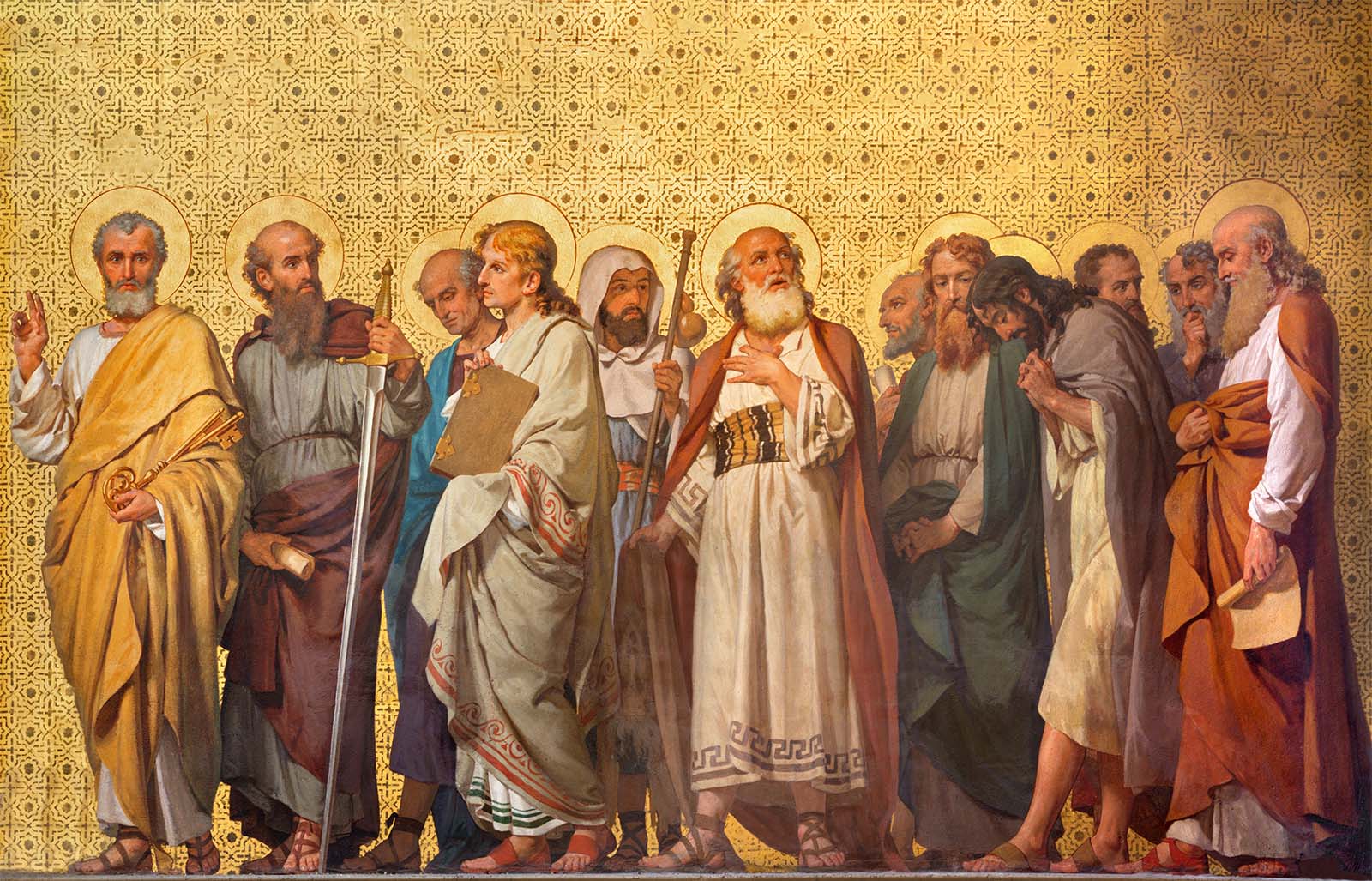If you were to write a historical novel about the way life was in your hometown 100 years ago, how accurate would you be without doing extensive research? Give or take, you could probably guess a lot of it correctly. Many technologies had not been invented in 1922. Your family hardly existed yet. Your hometown was still developing and there were probably some prominent figures in the area that made a relatively significant impact on your town.
Now, what if you had to write a book with the same premise, except that it took place somewhere you’ve never been? What if it was a location across the world? It would probably be a lot more difficult. You wouldn’t be familiar with the culture, the language, the surrounding area, or a lot of the important figures. That’s because the history of a place or a thing is at least partially indicative of its current state. The things that happened in the past influence a thing or place’s growth process.
That’s why the historical truth and the contents of the Bible are so important to us as members of the Catholic faith. Many historians and scholars have scoffed at the proposed facts in the Bible, but Cale Clarke spent a segment of The Cale Clarke Show taking an in-depth look at just one of the ways we know the Bible is a historical book and why names are so important.
“Then he summoned his twelve disciples and gave them authority over unclean spirits to drive them out and to cure every disease and every illness.
The names of the twelve apostles are these: first, Simon called Peter, and his brother Andrew; James, the son of Zebedee, and his brother John; Philip and Bartholomew, Thomas and Matthew the tax collector; James, the son of Alphaeus, and Thaddeus; Simon the Cananean, and Judas Iscariot who betrayed him.” (Matthew 10:1-4)
There are a few interesting things about this list of names in the gospel of Matthew. As you may have noticed, people back then did not use last names (Christ was not Jesus’s last name). Rather, they were distinguished by their ancestry, their actions, their profession, their homeland, or their title. And as you can see, that differentiation was necessary because just in the twelve apostles, there were two Simons and two James.
Additionally, these names, according to scholastic records, match up exactly with the types of names that were used in that time period and region. Scholars like Richard Baukham have done the research and cross-referenced the names in the New Testament and the names used in other documents and found that these names overlap with many of the common names used in Roman Palestine.
“That’s important. That’s really important. Why? Because if the gospels were made up, if they were fabrications, if somebody invented all this stuff, they wouldn’t have gotten that right.”
Without the resources we have today, somebody fabricating the New Testament would have easily mixed up Palestinian names with Egyptian or Iraqi names. And we know that it would have been fabricated after the time period in which the Bible takes place because it would not have been possible to predict the historical events which the skeptics do agree took place.
This idea that the names in the Bible match up with some of the most popular names of the times is indicative of its verisimilitude. While it may seem like a small thing, “It’s not the kind of thing that somebody could make up and get it right.” There’s too much variability in names between the country, region, time period, and culture. The fact that the Gospel writers knew the names of Christ’s twelve closest followers shows that they were at least close enough to Christ to know that. Therefore, it implies that they would be close enough to document the rest of the content.
So, what’s in a biblical name? A piece of the truth.
Tune in to The Cale Clarke Show on weekdays at 5pm CT


